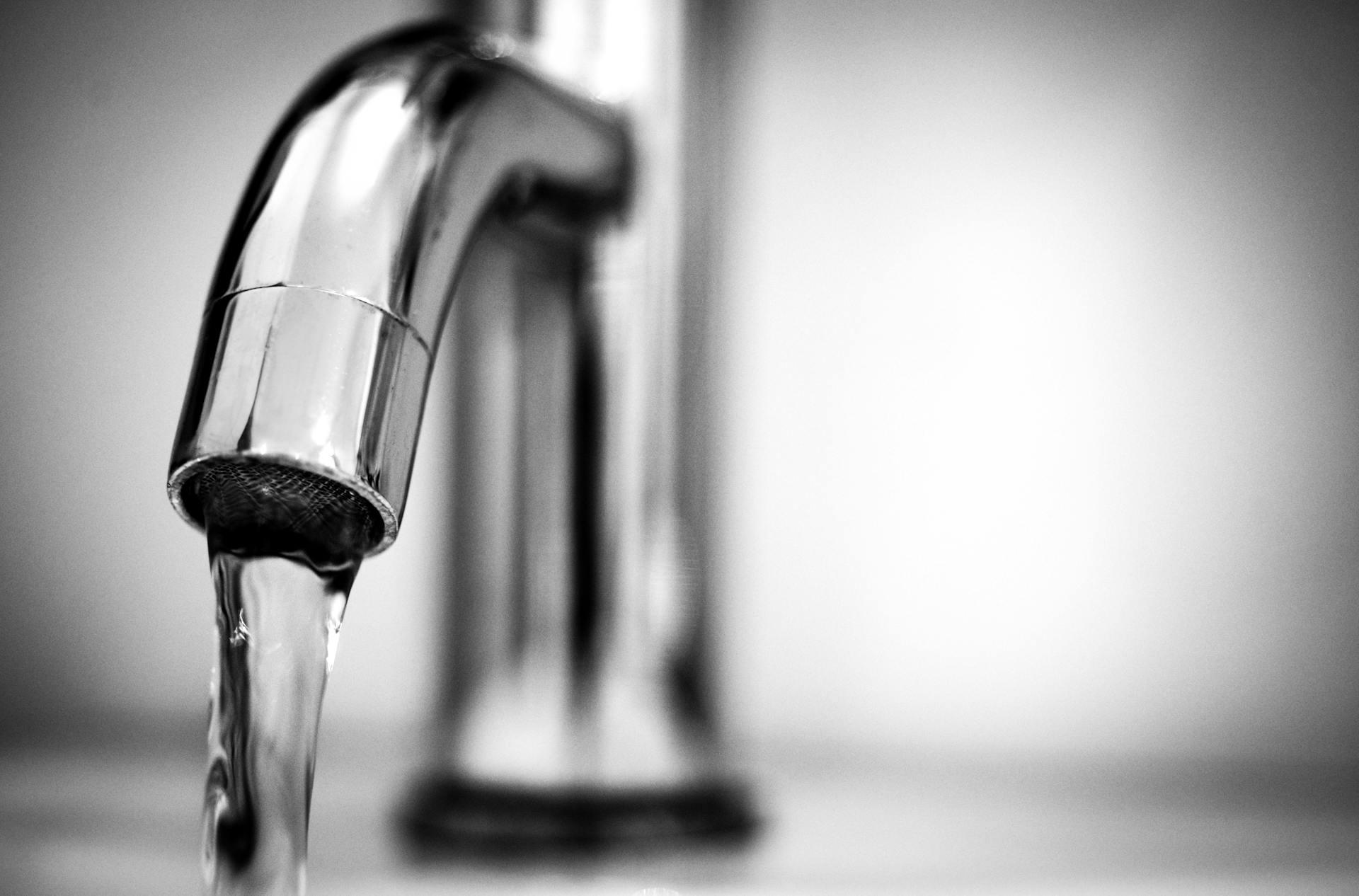
A dependable water heater is essential for ensuring the comfort and convenience of your home. It provides the hot water needed for showers, washing dishes, and other household tasks, contributing significantly to the overall warmth and cleanliness of your living space.
When your water heater stops producing hot water, it can be more than just an inconvenience; it can impact your daily routine and comfort, leaving you with cold showers and unclean dishes. Understanding the reasons behind this issue and knowing how to address it can help you restore your hot water supply and maintain a comfortable home environment.
Common Reasons for Inadequate Hot Water
Several factors can contribute to your water heater's inability to provide an adequate supply of hot water. Understanding these common issues can help you identify the root cause and take the necessary steps to restore your hot water supply.
From sediment buildup and thermostat malfunctions to heating element failures and system overload, each of these problems can impact the efficiency and performance of your water heater.
Sediment Buildup
Sediment buildup is a common issue in water heaters, especially in areas with hard water. Over time, minerals like calcium and magnesium accumulate at the bottom of the tank, forming a layer of sediment. This buildup acts as a barrier between the water and the heating element, reducing the heater's efficiency.
As a result, it takes longer to heat the water, and you may experience a noticeable decrease in the available hot water.
Thermostat Issues
The thermostat is the brain of your water heater, responsible for regulating the temperature of the water. When it malfunctions, it can lead to water that's too hot or not hot enough. Common thermostat problems include incorrect settings, electrical issues, or a faulty thermostat that needs replacement.
It's essential to ensure that the thermostat is set to the right temperature and is functioning correctly to maintain a consistent supply of hot water.
Heating Element Failure
In electric water heaters, the heating elements are crucial for warming up the water. Over time, these elements can wear out or become coated with sediment, leading to inefficiency or complete failure. Signs of heating element failure include lukewarm water, longer heating times, or a total lack of hot water.
Regular maintenance and timely replacement of faulty elements can prevent these issues and ensure a steady hot water supply.
System Overload
High demand for hot water can strain your water heater, leading to inadequate supply. This often happens in households with simultaneous hot water usage, such as running the dishwasher, washing machine, and taking a shower at the same time. The water heater may struggle to keep up with the demand, resulting in a temporary shortage of hot water.
To prevent system overload, consider staggering the use of hot water appliances or upgrading to a larger capacity water heater.
Troubleshooting Tips
When facing issues with your water heater, troubleshooting can be a practical first step before seeking professional help. By performing some basic maintenance and adjustments, you may be able to resolve common problems and improve the performance of your water heater.
Regular maintenance, thermostat adjustments, and system flushing are key strategies that can help you enhance the efficiency of your water heater and ensure a steady supply of hot water.
Regular Maintenance
Regular maintenance is crucial for the longevity and efficiency of your water heater. Periodic inspections can help identify and address potential issues before they escalate. It's recommended to have a professional technician, like those at The Boiler Shoppe, check your water heater at least once a year. They can inspect the anode rod, heating elements, and other components to ensure everything is in working order.
Adjusting Settings
Sometimes, the solution to inadequate hot water can be as simple as adjusting the thermostat settings. The ideal temperature for most water heaters is between 120°F to 140°F. If the water is too cold, try increasing the temperature by a few degrees. However, be cautious not to set it too high, as this can lead to scalding and increased energy consumption. If you're unsure about the right setting, consult with a professional for guidance.
Flushing the System
Flushing your water heater is an effective way to remove sediment buildup and restore its efficiency. Here's a step-by-step guide:
- Turn off the power supply to the water heater (electricity or gas).
- Connect a garden hose to the drain valve at the bottom of the tank.
- Open the drain valve and allow the water to flow out until it runs clear. This process can take several minutes to an hour, depending on the amount of sediment.
- Close the drain valve, disconnect the hose, and turn the power supply back on.
- Check the hot water output to ensure the issue is resolved. Flushing the system annually can prevent sediment buildup and extend the life of your water heater.
If you're not comfortable performing this task yourself, it's best to seek assistance from a professional technician.
Upgrading Your Water Heater
Upgrading to a newer water heater model can offer numerous benefits in terms of efficiency and environmental impact. Modern water heaters are designed to be more energy-efficient, which means they use less energy to heat the same amount of water. This not only reduces your carbon footprint but also leads to lower utility bills.
Additionally, newer models often come with advanced features like temperature control and self-cleaning functions, further enhancing their performance and lifespan.
For those looking to make an eco-friendly upgrade, electric boilers and heat pump water heaters are excellent alternatives.
Electric boilers are highly efficient, converting almost all the electricity they use into heat, with minimal energy loss. They also operate quietly and require less maintenance compared to traditional gas boilers.
Heat pump water heaters, on the other hand, use electricity to move heat from the air or the ground to heat the water, rather than generating heat directly. This makes them incredibly energy-efficient, using up to 60% less energy than standard electric water heaters.
Both electric boilers and heat pump systems align with The Boiler Shoppe's commitment to environmentally friendly solutions, offering a greener way to meet your hot water needs.
Extended Warranty and Service Options
Investing in an extended warranty for your water heater can provide added security and peace of mind. It ensures that if any issues arise beyond the standard warranty period, you're covered for repairs or replacements. This can save you from unexpected expenses and ensure that your water heater continues to operate efficiently. An extended warranty is especially beneficial for newer, more advanced models, as it can protect your investment in the long run.
The Boiler Shoppe is dedicated to providing exceptional customer service, which includes comprehensive maintenance and repair services. Regular maintenance is key to keeping your water heater in top condition, and our team of qualified engineers is equipped to handle all your maintenance needs. From routine inspections to complex repairs, we're committed to ensuring your water heater operates smoothly and efficiently.
Our 24/7 customer support ensures that you can count on us anytime you need assistance, reinforcing our pledge to exceed expectations in every aspect of our service.
Warm Up to a Better Tomorrow
A well-functioning water heater is essential for a comfortable and eco-friendly home. If you're considering an upgrade, newer models of water heaters, including electric boilers and heat pump systems, offer improved efficiency and environmental benefits.
For expert advice and solutions tailored to your needs, don't hesitate to contact The Boiler Shoppe. Our commitment to customer service, combined with our focus on environmentally friendly options, makes us your ideal partner in maintaining a greener, happier home.
